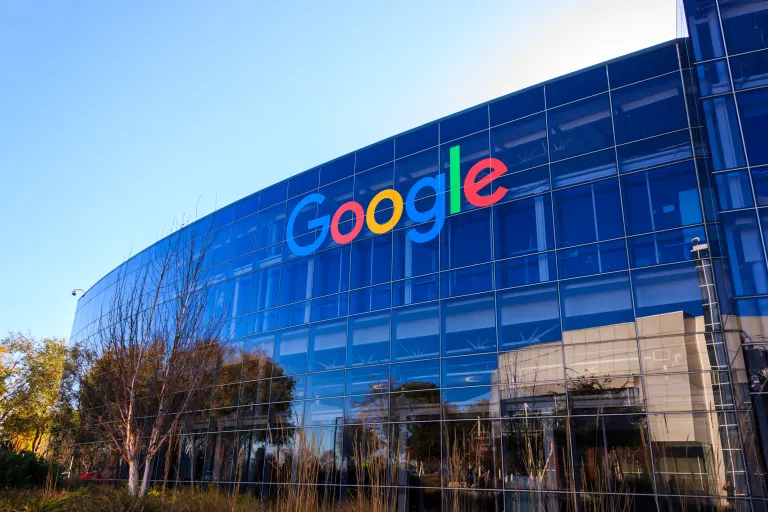
The European Union is placing a strong emphasis on cybersecurity, evident in the recent approval of new regulations by both the European Parliament and member states. These regulations mandate heightened security measures for manufacturers of smart technological products, aiming to shield them from the growing threat of cyberattacks. Concurrently, Google is embarking on the establishment of its largest cybersecurity center in Europe, as reported by the French news agency.
The vast array of smart devices integrated into daily life, encompassing computers, phones, household appliances, cars, and children’s toys, presents vulnerabilities that cybercriminals can exploit. Until now, most of these products have operated without robust cybersecurity protocols.
Following the agreement reached on Friday by the European Parliament and manufacturers on these new regulations, the introduction of smart products and software will be contingent on meeting specific security standards during design and manufacturing. This requirement extends to “all products directly or indirectly connected to another purpose or network.”
The European legislation also underscores the importance of transparency regarding potential flaws, obligating companies to document and report their approach to addressing such issues.
Spanish Minister of Digital Transformation, Jose Luis Escriva, emphasized, “Connected devices must meet a minimum level of cybersecurity when entering the European Union, ensuring adequate protection for both companies and consumers.”
In a significant move, Google recently inaugurated its most extensive cybersecurity center in Malaga, southern Spain. This facility will play a pivotal role in developing tools to combat cyber threats, collaborating closely with European institutions and companies, as outlined by the American tech giant.
Amid a noticeable surge in global cyberattacks, Google’s initiation of operations in its third European cybersecurity center, following Munich’s focus on privacy and Dublin’s specialization in content, underscores the company’s commitment to addressing cybersecurity challenges.
Kent Walker, Head of Public Affairs at Google, highlighted the urgency of the situation, stating, “Global cyberattacks increased by 38% in 2022, with intruders becoming more aggressive and attempting to destabilize democracy. Therefore, international collaboration is crucial.”
With the European Union facing a shortage of 500,000 experts and 46% of European small and medium-sized enterprises unable to hire personnel, despite 43% of them having experienced cyberattacks, the need for collective efforts is more pronounced than ever.
Deputy President of the European Parliament, Dita Charanzova, emphasized the magnitude of the challenge, stating, “The Union estimates that 230,000 new malware infections are recorded every day.” She added, “We have no doubt that the upcoming European elections (in June 2024) will be a target for deception and interference.”
As Google endeavors to establish the Malaga center as a “reference in global cybersecurity,” fostering collaboration between the public and private sectors, including European institutions, companies, universities, and governments, the company has also allocated $10 million to universities across eight European countries to enhance cybersecurity training. This initiative aligns with Google’s broader commitment, announced in 2021, to invest $10 billion over five years in fortifying the global cybersecurity infrastructure, recognizing the persistent threat posed by hackers.
Leave a Reply